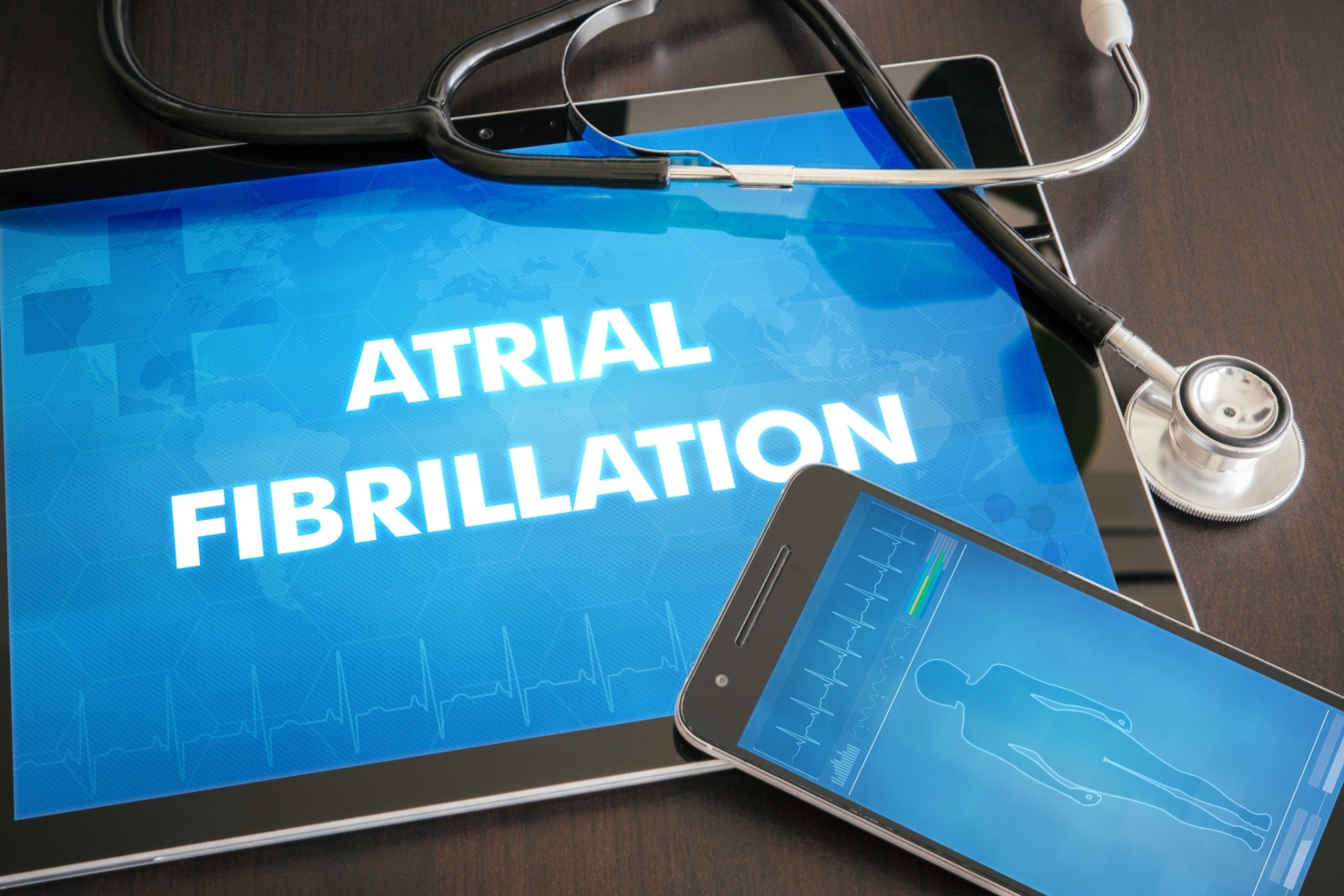
Treatment Options And Foods That Help Manage Atrial Fibrillation
Atrial fibrillation, often abbreviated as AFib, is a common heart rhythm disorder that can cause serious complications if not managed properly. For those living with AFib, understanding treatment options and lifestyle changes is crucial. While heart valve replacement surgery and innovative technologies like Qardiocore heart devices offer medical interventions, dietary adjustments can also play a significant role in managing this condition. Let’s dive into the options available for managing atrial fibrillation and the foods that can help keep your heart in check.
1. Medication management
One of the first lines of defense against atrial fibrillation is medication. Antiarrhythmic drugs can help control the heart’s rhythm, while anticoagulants reduce the risk of stroke, a common complication of AFib. Beta-blockers and calcium channel blockers are often prescribed to manage heart rate. It’s essential to work closely with a healthcare provider to determine the best medication regimen, as the effectiveness and side effects can vary from person to person.
2. Heart valve replacement surgery
In cases where atrial fibrillation is caused by heart valve disease, heart valve replacement surgery may be necessary. This procedure involves replacing a damaged heart valve with a mechanical or biological valve, which can help restore normal blood flow and reduce AFib symptoms. While surgery might sound daunting, advancements in medical technology have made these procedures safer and more effective than ever. Recovery times have improved, and many patients experience significant relief from AFib symptoms post-surgery.
3. Qardiocore heart devices
For those seeking cutting-edge solutions, Qardiocore heart devices offer a non-invasive option for monitoring heart health. These wearable devices provide real-time data on heart rhythms, allowing for continuous monitoring and early detection of irregularities. By keeping a close eye on heart activity, patients and doctors can make informed decisions about treatment adjustments. Qardiocore devices are particularly beneficial for those who experience sporadic AFib episodes, as they can capture data that might be missed during a routine doctor’s visit.
4. Catheter ablation
Catheter ablation is a minimally invasive procedure that targets the heart tissue responsible for the erratic electrical signals causing AFib. During the procedure, a catheter is inserted through a vein and guided to the heart, where it delivers energy to destroy the problematic tissue. This treatment can be highly effective, especially for patients who haven’t responded well to medication. While it may not be suitable for everyone, catheter ablation offers a promising solution for long-term rhythm control.
5. Dietary considerations
When it comes to managing atrial fibrillation, what you eat can make a big difference. Incorporating heart-healthy foods into your diet can help reduce inflammation and improve overall cardiovascular health. Foods rich in omega-3 fatty acids, such as salmon and walnuts, are known for their heart-protective properties. Leafy greens, berries, and whole grains provide essential nutrients and antioxidants that support heart function. Additionally, reducing sodium intake can help manage blood pressure, which is crucial for those with AFib. Staying hydrated and limiting alcohol and caffeine consumption can also aid in maintaining a steady heart rhythm.
6. Lifestyle modifications
Beyond diet, other lifestyle changes can help manage atrial fibrillation. Regular physical activity, such as walking, swimming, or yoga, can strengthen the heart and improve circulation. Stress management techniques, like meditation and deep breathing exercises, can reduce the likelihood of AFib episodes. It’s also important to prioritize sleep, as poor sleep quality can trigger arrhythmias. By adopting a holistic approach to health, individuals with AFib can improve their quality of life and reduce the risk of complications.
In conclusion, managing atrial fibrillation involves a combination of medical treatments and lifestyle adjustments. From heart valve replacement surgery and Qardiocore heart devices to dietary changes and stress management, there are numerous strategies to explore. By staying informed and working closely with healthcare providers, those with AFib can take proactive steps to maintain a healthy heart and enjoy a full, active life.


